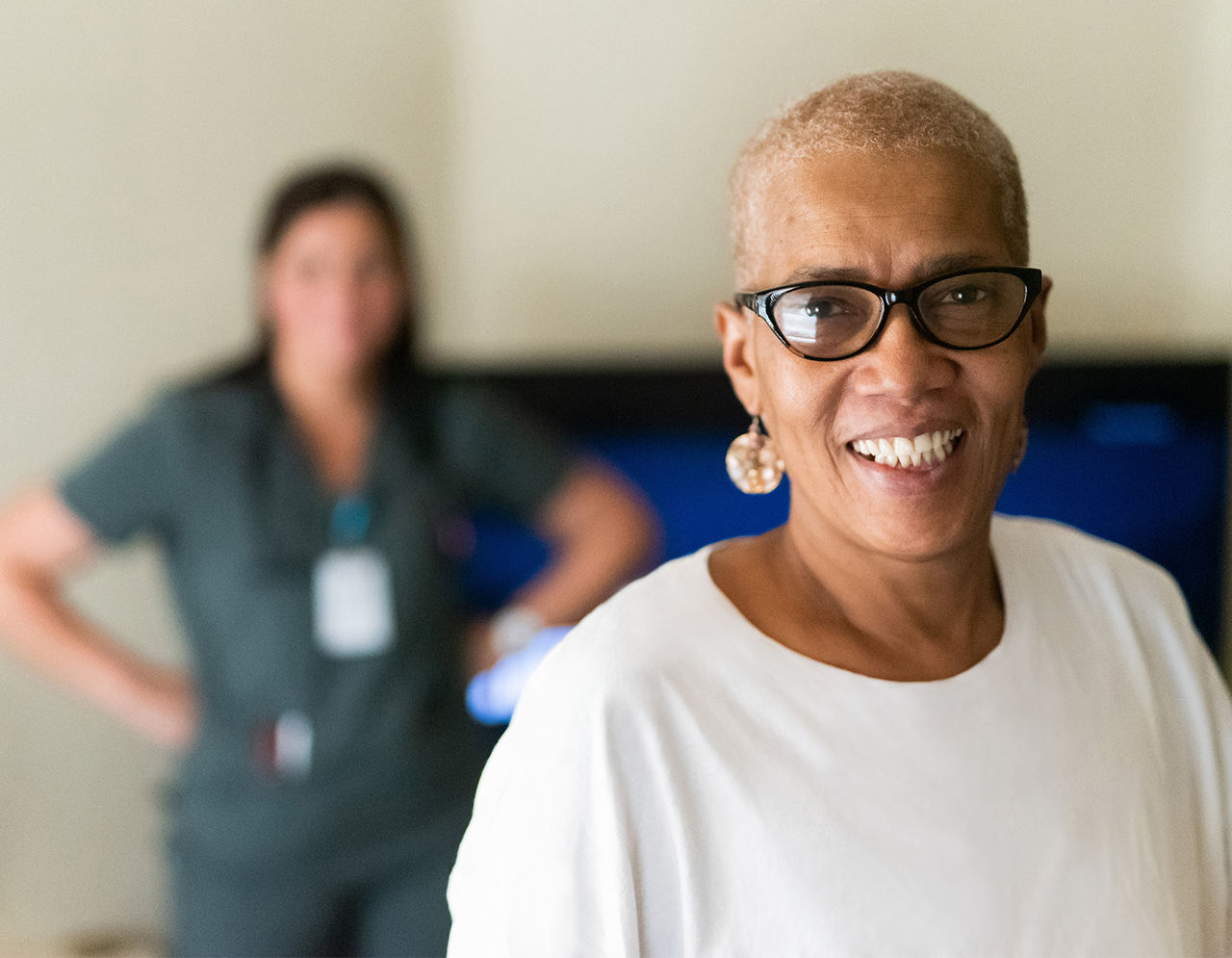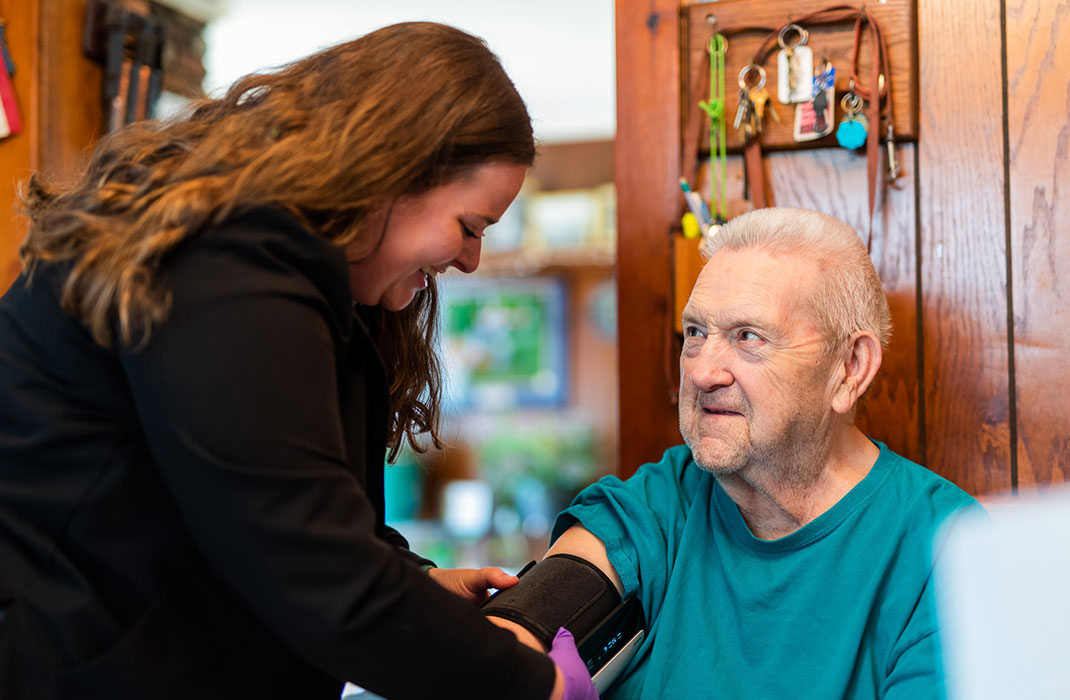Home Hospital differs from traditional hospital stays by offering care in the patient's home, creating a more comfortable and familiar environment. This model emphasizes personalized care plans and flexibility in visitation and routines, while ensuring that the safety and quality of care remain the same as in a traditional hospital setting.
Mass General Brigham hospital care delivered in your home
We believe that patients should have access to the highest quality clinical treatment at the right place and the right time—including at home. Through Mass General Brigham Home Hospital, eligible patients receive expert hospital-level care from trusted providers in the comfort of their own home.
With 24/7 remote vital sign monitoring, multiple visits from clinicians every day, sophisticated telehealth technology, and an integrated team that is available around the clock, Home Hospital provides all the same world-class services you would receive during a traditional hospital stay, held to the same rigorous standards for quality.
The benefits of Home Hospital
We have found that many people recover better at home. On average, Home Hospital patients:
- Have a shorter length of stay
- Need less physical therapy
- Use less skilled nursing rehabilitation
- Report greater satisfaction
- Have an easier transition to life after discharge
- Have better clinical outcomes
Common conditions we treat through Home Hospital
- Chronic obstructive pulmonary disease (COPD): A chronic lung disease that causes airflow obstruction, making it difficult to breathe.
- Flu: A contagious respiratory illness caused by influenza viruses, typically characterized by fever, cough, sore throat, body aches, and fatigue.
- Pneumonia: An infection that inflames the lungs, causing symptoms such as cough, fever, chills, and difficulty breathing.
- COVID-19: A highly contagious respiratory illness caused by the coronavirus SARS-CoV-2, characterized by symptoms ranging from mild respiratory issues to severe respiratory distress and multi-organ failure.
- Heart failure: A condition where the heart's pumping ability is weakened, leading to fluid buildup in the body and symptoms including shortness of breath, fatigue, and swelling in the legs or abdomen.
- A-fib (atrial fibrillation): An irregular heart rhythm often causing palpitations, shortness of breath, dizziness, and fatigue.
- Cellulitis: A bacterial skin infection that causes redness, swelling, warmth, and tenderness in the affected area, often accompanied by fever and chills.
- Complicated UTI (urinary tract infection): A urinary tract infection that involves more complex issues, such as infection spread to the kidneys, presence of kidney stones, or underlying medical conditions complicating treatment.
- Other infections: Refers to a range of infectious conditions affecting different parts of the body, such as respiratory infections (e.g., pneumonia), gastrointestinal infections (e.g., gastroenteritis), and skin infections (e.g., abscesses), among others.
- IBD flare (inflammatory bowel disease): Refers to a period of increased inflammation and symptoms in conditions like Crohn's disease or ulcerative colitis, causing abdominal pain, diarrhea, rectal bleeding, fatigue, and weight loss.
- Colitis: Inflammation of the colon, which can be caused by various factors such as infection, autoimmune conditions (e.g., ulcerative colitis), or medication side effects, leading to symptoms like abdominal pain, diarrhea, bloody stools, and urgency to have a bowel movement.
- Diverticulitis: Inflammation or infection of small pouches (diverticula) that can develop in the colon, resulting in symptoms such as abdominal pain (usually on the left side), fever, nausea, vomiting, and changes in bowel habits.
- Pancreatitis: Inflammation of the pancreas, often due to gallstones, alcohol consumption, or certain medications, causing severe abdominal pain (usually in the upper abdomen), nausea, vomiting, fever, and rapid pulse.
- Chronic kidney disease with volume overload: A long-term condition where the kidneys gradually lose function, leading to a build-up of fluid in the body (volume overload), resulting in symptoms such as swelling in the legs, shortness of breath, fatigue, and high blood pressure.
- Mild adrenal crisis: A condition that occurs when the body doesn't produce enough cortisol (a hormone produced by the adrenal glands), causing symptoms like weakness, fatigue, nausea, vomiting, abdominal pain, and low blood pressure. It is considered mild when symptoms are less severe.
- Acute hepatitis: Refers to a sudden inflammation of the liver, which can be caused by viral infections (such as hepatitis A, B, or C), alcohol abuse, medications, toxins, or autoimmune reactions. Symptoms may include jaundice (yellowing of the skin and eyes), fatigue, nausea, vomiting, abdominal pain, and dark urine.
- Decompensated cirrhosis: Occurs when advanced liver cirrhosis leads to significant liver damage and dysfunction, resulting in the liver being unable to perform essential functions. Symptoms may include jaundice, abdominal swelling (ascites), confusion (hepatic encephalopathy), bleeding tendencies (due to decreased production of clotting factors), and fluid build-up in the abdomen or legs.
- Small bowel obstruction: Often caused by scar tissue from previous surgeries, which blocks the small intestines, causing them to squeeze like a rubber band. This leads to belly pain, nausea, and vomiting. Treatment includes:
- Bowel rest: Allowing the intestines to rest by not eating or drinking.
- Nasogastric decompression: Using a tube through the nose to empty the stomach.
- Gastrografin pathway: Giving a special liquid (contrast solution) and taking X-rays to see if the liquid moves through the small intestines properly.
- Complicated diverticulitis: Inflammation or infection of small pouches in the colon (diverticula), causing belly pain (usually on the left side), nausea, and vomiting. Severe cases may lead to a small hole in the colon, causing stool or infection to leak outside the colon. This can lead to an abscess (a pocket of infection) that might need to be drained by an interventional radiologist, a doctor who uses X-ray, CT scan, or ultrasound to guide a small drain into the infection pocket. Patients are treated with bowel rest, IV antibiotics, and drain care until the infection goes away.
- Appendicitis: Inflammation or infection of the appendix, causing belly pain (usually on the right side), nausea, vomiting, fever, and a loss of appetite. In some cases, even if there's a small hole in the appendix allowing infection into the abdomen, it can be treated at home with bowel rest and IV antibiotics. This approach may also treat abscesses (pockets of infection).
- Complicated wound infections: These infections can happen in the hand, upper arm, or any surgical wound. They might need surgery or other treatments like drain care, wound care and antibiotics to help manage the infection.
- Bariatric surgery: Home Hospital takes care of patients after they have weight loss surgery, such as sleeve gastrectomy, gastric bypass, or duodenal switch.
- Colorectal surgery: Home Hospital takes care of patients after they have elective colectomy surgery (removal of part of the colon) or elective ileostomy reversal surgery.
- Cardiac surgery: Home Hospital takes care of patients after heart surgeries like CABG (coronary artery bypass grafting) or valve replacement. These patients may need ongoing fluid removal with intravenous diuretics to return to their pre-surgery weight.
Home Hospital services
- Daily in-person and virtual visits
- 24/7 connection by phone and video
- Remote vital signs monitoring
- Oral and intravenous (IV) medications
- Diagnostic testing, including portable x-rays, ultrasounds, and bloodwork
- Oxygen
- Home health aide when needed
- Specialty consultation (i.e. cardiac, infectious disease, rheumatology)
- Physical, occupational, and speech-language therapy
- Social work
- Food services
What to expect as a Home Hospital patient
If you and your provider decide Home Hospital is the right choice for you, you’ll return home where a member of your clinical team will meet you to set you up with everything you need for a successful care experience. You’ll be outfitted with monitors that will allow your team to follow your vitals remotely. In addition, you’ll be given a tablet to connect to your Home Hospital team via video 24/7. However, you can also pick up the phone and call anytime. You are never out of touch with your providers.
Just like if you were staying in the hospital, your provider will see you at the beginning of your home hospitalization to help create your care plan with you. Once at home, you will be seen twice a day by a nurse or one of our paramedics. In addition, you’ll be seen by your doctor, a nurse practitioner, or a physician assistant once a day, either by video or in person. Just like during a traditional hospital stay, your care team will also include care coordinators, social workers, physical therapists, or other specialists based on your needs. Our clinical team will stay in close contact with your regular providers and each other to ensure your condition is improving as planned.
Frequently asked questions
Patients must be seen in a Mass General Brigham hospital in the Emergency Department or as an inpatient before they are eligible for Home Hospital. If you and your provider decide Home Hospital is the right choice for you, your provider will refer you to Home Hospital. They will only recommend Home Hospital to you if it is clinically appropriate.
Just like in the hospital, your team will consist of Mass General Brigham doctors, nurses, nurse practitioners, and physician assistants. You will likely also be visited by specially trained Mass General Brigham paramedics during your admission at home.
Our aim is to alleviate the burden on caregivers, allowing them to focus on their loved one's emotional well-being and their own self-care throughout the healing process. A caregiver’s level of responsibility can vary based on the patient's needs and the caregiver's capabilities. In Home Hospital, medical care is managed solely by the Home Hospital team, similar to an inpatient stay. However, caregivers play an important role in the decision-making process regarding whether Home Hospital is the right choice for their loved one. While caregivers are not expected to handle medical tasks, they can provide vital support in activities such as helping the patient stay hydrated, change their clothes, shower, and go to the bathroom, all within the familiar environment of home. This familiarity often contributes significantly to faster healing and recovery for patients.
Yes. We communicate with your doctors and value their input.
If you have been approached about Home Hospital, you have been identified as someone for whom we believe we can safely provide care at home. However, you are being monitored remotely 24 hours a day by a team of nurses, and help can be rushed to you. If you ever want or need to return to the hospital, our home hospital team will coordinate a safe transfer back to the hospital.
How long you’ll be treated depends on your condition and needs. For most patients, it’s usually five to six days. When you’re ready to be discharged, your team will evaluate whether you need ongoing nurse visits, physical therapy, or other services. Your primary care physician will also be involved in this conversation.
The goal is to facilitate a smooth transition from Home Hospital to continued care. After discharge from Home Hospital, we will create a follow-up care plan that is tailored to your specific needs and recovery progress. These plans often include scheduled visits from our providers, such as nurses or therapists, to monitor your health status, assess progress, and adjust treatment as necessary. Additionally, if needed, you may be referred to outpatient services or rehabilitation programs to continue your recovery journey and ensure ongoing support and medical supervision.
Every adult patient with an eligible diagnosis has equitable access. Your doctor will recommend Home Hospital to you if it is appropriate for your condition and needs. Home Hospital is a geographically based service (click here to view a map of Home Hospital's service area). Eligible patients must live in towns within a 30-minute drive time of a participating Mass General Brigham facility.
There is no additional cost to you for Home Hospital care other than expenses you would normally have when hospitalized. We accept all patients regardless of insurance.
Mass General Brigham will handle the billing for your admission and bill your insurance (as appropriate). You will receive a bill if you have copays or receive services not covered by your insurance. In the unlikely event that you do receive a bill, please contact Patient Billing Solutions at 617-726-3884 Monday-Friday, 9:00 a.m. to 4:30 p.m.
Home Hospital is entirely voluntary. It will only be offered if your medical team believes it is a good option for you, and you can choose to be admitted to the traditional hospital if that makes you feel more comfortable.
During your Home Hospital admission, you’ll be seen at least twice daily in person in addition to your virtual visits with doctors and other caregivers. If you need any help between visits, you can contact the Home Hospital team 24/7, and they can arrange for urgent or unplanned visits. You are never out of touch.
We will provide you with instructions on how to reach your team if you have questions or concerns. In the case of an emergency, you should always call 911.
Transportation home varies case by case. In some cases, patients return home with whomever came with them to the hospital, but we may provide transportation, as well. When you arrive home, your care team will meet you to set up everything you need. They’ll talk with you about when follow-up visits will occur. The team will do their best to accommodate your schedule, but the timing of the visits depends on the timing of your medication and your clinical needs.
Admission to Home Hospital is the same as being admitted to the regular hospital. You should not be leaving your home while admitted unless it has been discussed in advance with your care team. This is important as the Home Hospital team would want to know where you are and be able to get to you quickly in the unlikely event of an emergency.
The Home Hospital team will decide with you whether your medical condition requires continuous monitoring of your vital signs. You may be given an oxygen saturation test or a blood pressure cuff that you put on and send your results to your monitoring team. If necessary, you’ll be given a device that monitors and sends your vitals continuously.
We'll provide you with a visit and medication drop-off schedule that's customized to suit your and your caregiver's availability, ensuring convenience and reliability. Please make sure to be available during the scheduled times or reach out to your care team if you need to discuss rescheduling options.
All patients are entitled to food services while hospitalized, and that includes Home Hospital patients. If needed, the Home Hospital team will provide meal delivery to your home while you are admitted to our service.
We will aim to accommodate your needs and preferences as much as possible. While there may be some adjustments based on your treatment plan and care requirements, the goal is to minimize disruptions to your routine and promote comfort and independence. Our team will work with you to create a schedule that allows you to maintain as many of your usual activities and routines as possible while receiving the necessary medical care and support. You will need to stay at home unless your care plan requires specific treatments or tests, like a CT or MRI, that can only be done at the hospital.
Beloved pets can be a wonderful source of comfort and companionship. For our staff’s safety and to maintain a focused care environment during visits from your Home Hospital care team, pets are required to be secured in another room when we are in the home. This ensures that we can provide you with undivided attention and that your pet remains safe and undisturbed during medical procedures or consultations.
News and highlights
-
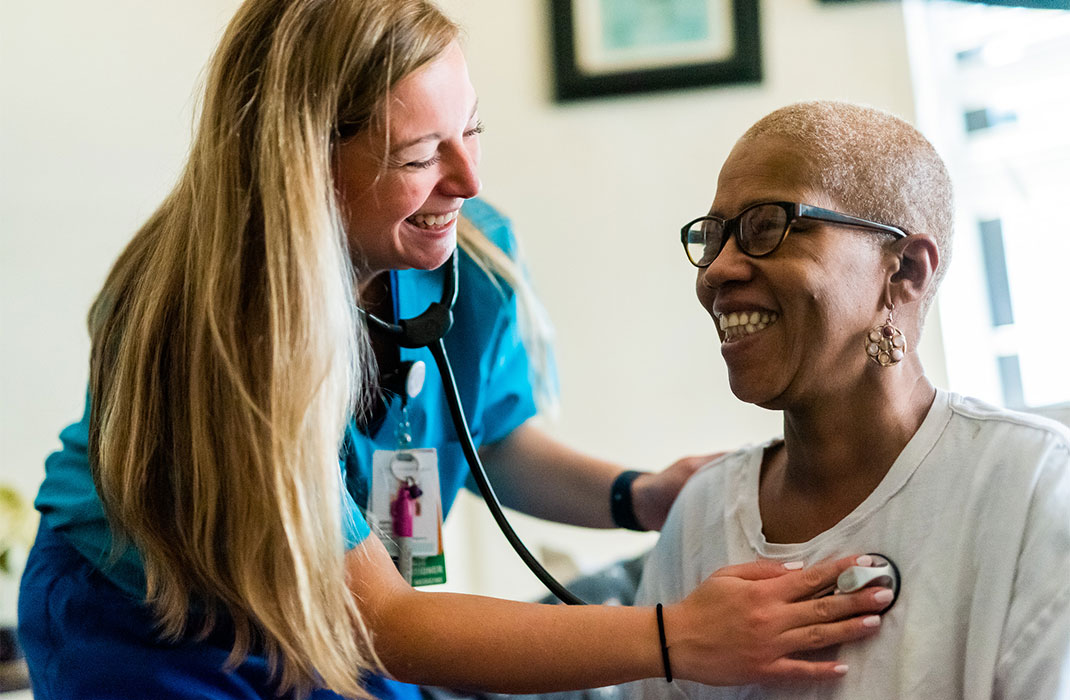
July 11, 2024
-
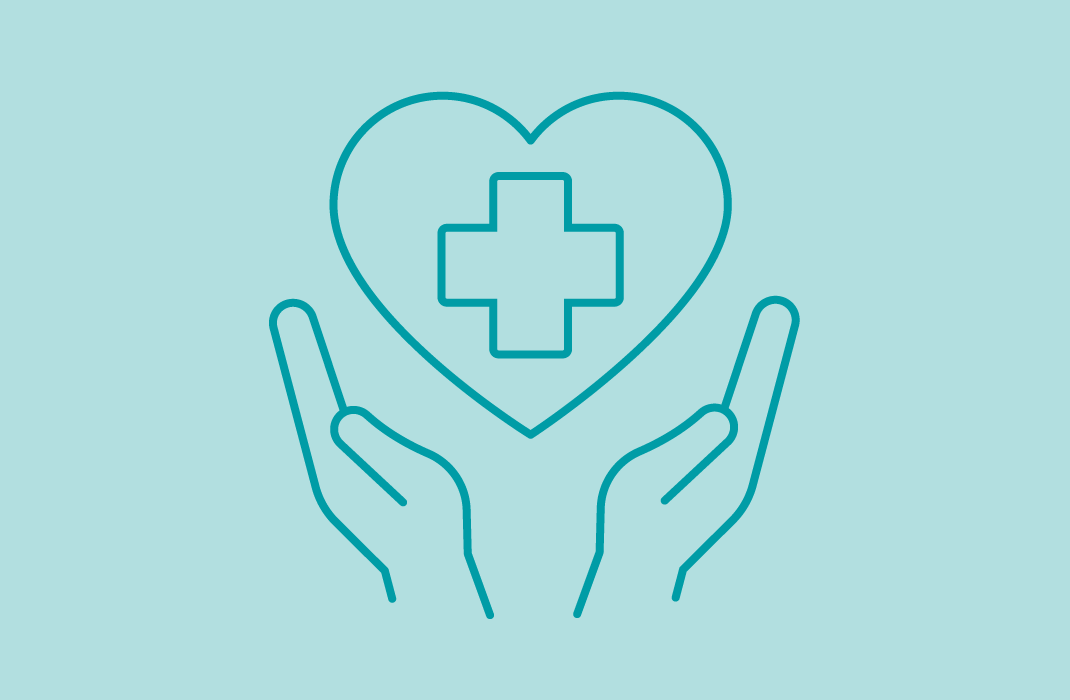
February 23, 2024
-
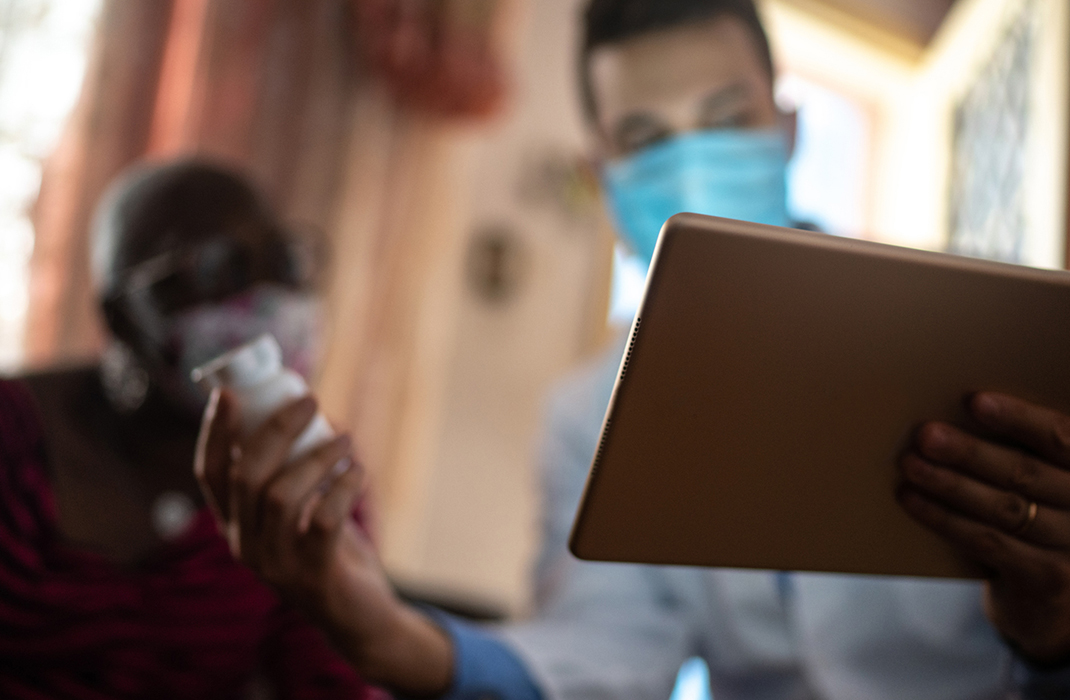
January 8, 2024
-
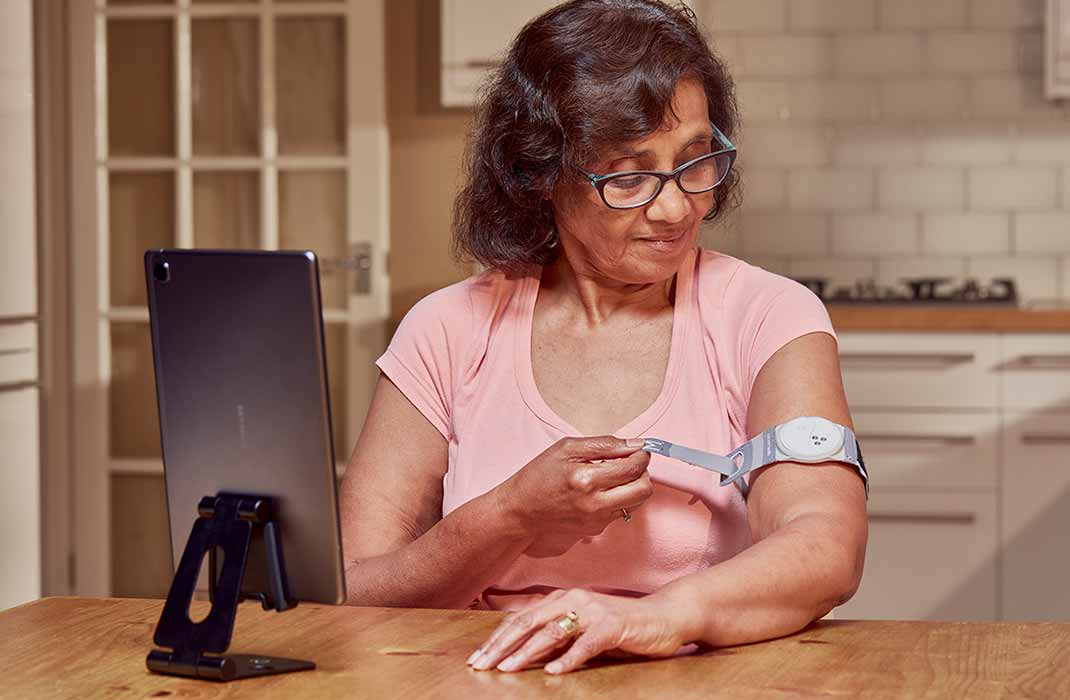
November 8, 2023
-

August 13, 2023
-
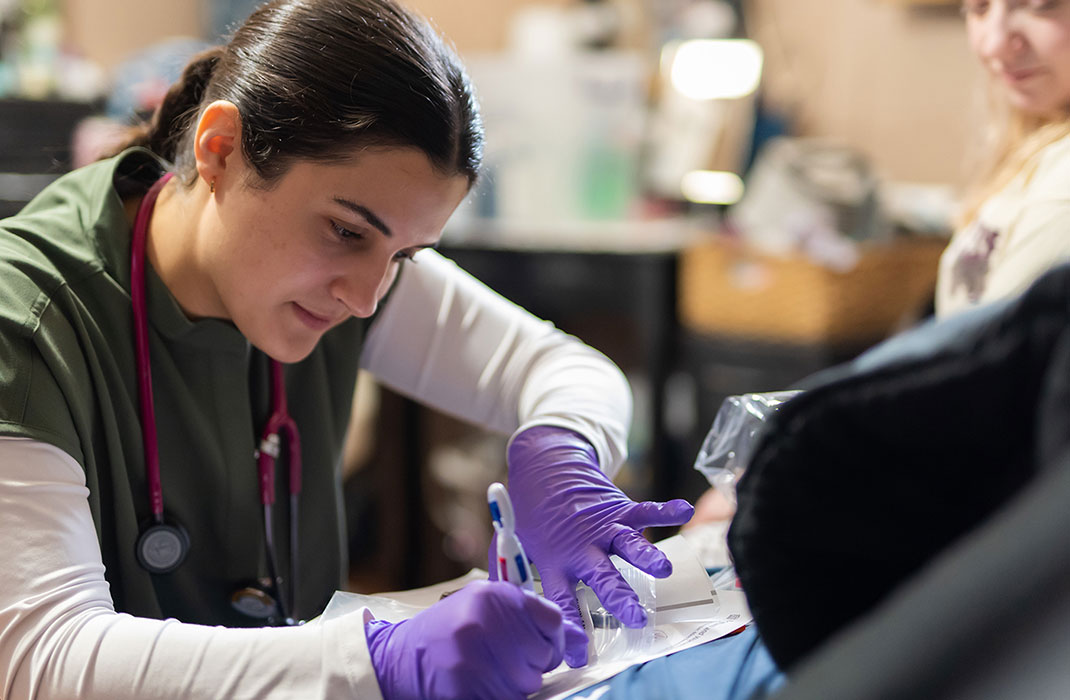
July 26, 2023
